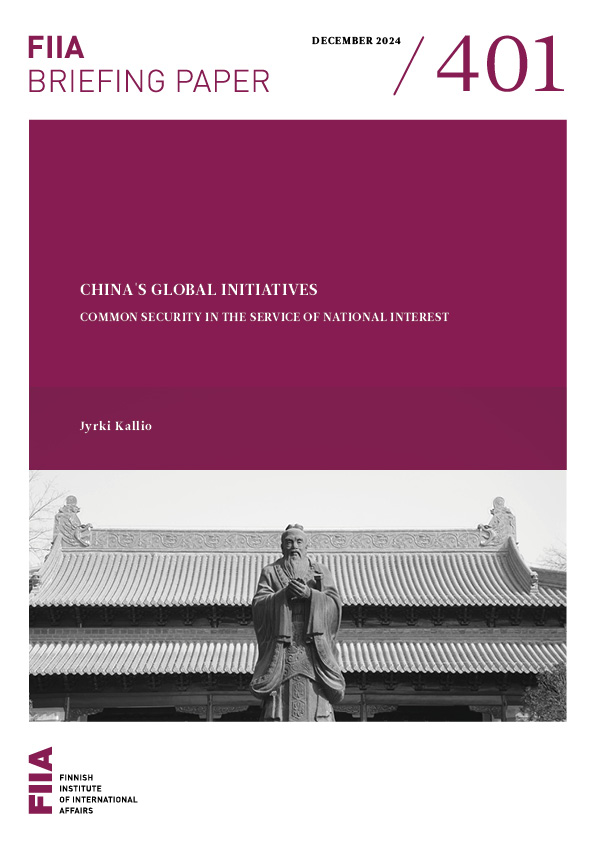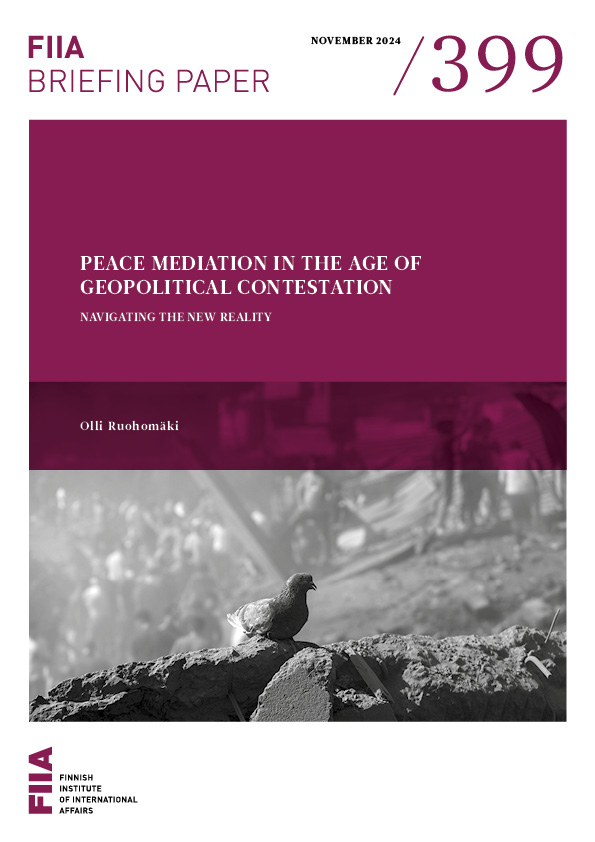Western donor policies directed towards ‘peace as state-building’ in Africa have not had the desired effect in terms of creating stability, development and human prosperity. It is evident that the gap between donor rhetoric and empirical realities is widening. Hence, there is a need for critically rethinking approaches to peace and statebuilding.
This report starts from the premise that in order to direct external support to fragile states with the aim of advancing constructive change and development, it is necessary to start focusing on what is there rather than clinging to the notion of what ought to be there – from a liberal-democracy perspective. The report first discusses how the interaction between donors – pursuing state-building as the ‘cure’ for political instability and stagnated development – and domestic state-labelled elites – pursuing regime survival and power consolidation in an environment with strong informal forces – takes on a logic of its own. A logic that tends to undermine the declared objectives of development and ownership, and firmly challenges the framing of externally led state-building as a genuinely ‘common project’ (implying an Africa that wishes and consents to the liberaldemocratic solution). This section draws upon the well-established literature on neo-patrimonialism and organized disorder in postcolonial Africa. The report then discusses how so-called ‘fragile states’ also feature innovative locally devised systems of non-state and hybrid governance and various grounded capacities for peace and order that are typically left out of the dominating reconstruction discourse. Discussions of ‘what is there’ should not only further the understanding of malign domestic dynamics that undermine participation, socio-economic development and state accountability, but also draw attention to the significance of the local forces that provide protection, predictability and survival for the population in settings with limited statehood. Such locally grounded nonstate agency and mechanisms of recovery and order have been less extensively addressed in the literature on political science and International Relations theory – which appears to be too narrowly preoccupied with the theme of the problematic nature of politics and governance in Africa – but are of great significance for understanding the empirical conditions for political order and peace. Bearing in mind the positive as well as the not so positive dimensions of ‘what is there’, the report subsequently concludes with policy suggestions, directed to encourage external actors to achieve a more grounded understanding of the settings in which they engage, to in this way get a better basis for developing suitable policies.





